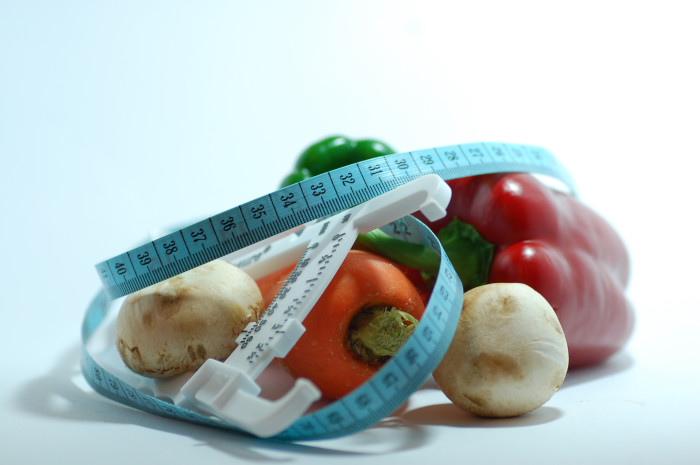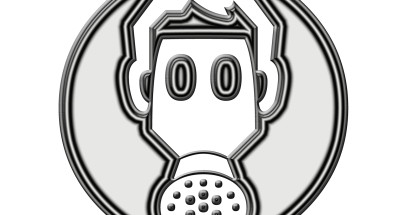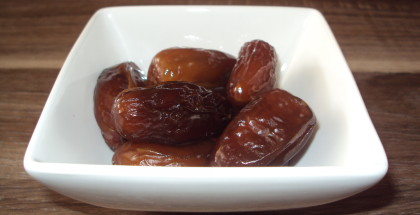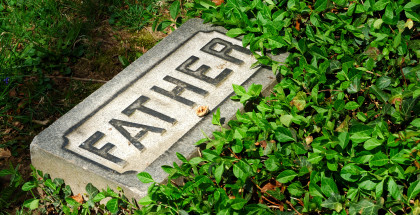How to Lose Weight in Ramadan
June 18, 2015 6By now, you’re probably either proudly fitting into your skinny jeans or hiding a stomach bulge behind oversized tees. Ramadan tends to have that effect on you.
If you’re one of the unlucky ones who have to sit and listen as others boast about their ‘unintentional’ weight loss because they simply cannot eat during Ramadan, here’s how you can make the best use of the fasting month to lose a kilo or two.
When you sit down for iftar you tend to want to eat all the goodies on the table and try out every new dish at that iftar party. You sit and gouge on and on without giving your stomach any chances to tell you it’s had enough and then you sit comatose for a good few hours while you jam in a konafa or two. So our first tip for you is to listen to your body.
1. Don’t eat at once: Have a couple of dates with a cup of water or some non-cream based soup (opt for a nutritious one like courgettes soup) then perform the maghreb prayers first before going back to the table. This has many advantages; it allows your body the time to give you the right signals on exactly how hungry it really is, but it also gives your stomach a heads-up to give it a head start on digestion without overworking it. You will eat less and digest far better.
2. Avoid simple carbs and fatty foods: Fried foods and simple carbs like those in white bread tend to leave you feeling heavy and then hungrier shortly after. Simple carbs will also cause your blood sugar level to rise and then drop shortly after, not only making you hungry, but also making you crave sugar, which brings us to the next point.
3. Have a light meal after taraweeh: A few hours after iftar your body would have digested the meal and you will be left either hungry again or craving sweets. Don’t allow your body to get into that phase, instead, have a light meal at 10:30 pm to curb sugar and junk food cravings. Limit the meal to nutrient-high foods like fruits, veggies, yoghurt or raw nuts.
4. Have a healthy sohour: Check our tips on the 16 foods to have over sohour to curb your appetite and thirst the next day.
5. Understand sugars: Foods loaded with sugars are your enemy in Ramadan. Your body will crave sweets after iftar, especially after an unbalanced meal, and the more you eat of them the more your body will crave more of it, this is just how your body works with sugar. We know it’s hard to cut out all sweets in Ramadan with the mouth-watering varieties presented each and every day. But a trick to curb your sweet tooth is to have a piece of fruit like a date, plum or fig before reaching out to that konafa. This will satisfy your sugar craving and make you eat less of that sweet you’re craving if you decided to go for it anyway.
6. Incorporate fibers, fruits and vegetables in all your meals: Switch white rice and pasta for bran, white toast for fiber-high bread and sugar-laden cereal with oatmeal, Muesli or fiber-rich commercial brands like Nestle’s Fitness. Fruits, veggies and fibers will keep you feeling satisfied and quenched for longer and limit those sugar pangs.
7. Don’t deprive yourself, trick your body instead: If you crave sugar, have a piece of fruit before indulging in original delights to limit your portions. Similarly, start your iftar with lots of veggies and fibers before indulging in that piece of lasagna as it will limit your portions of empty-calorie foods. Simple tricks like those will allow you the occasional indulgence so you don’t feel deprived but you will limit that indulgence portions and make sure you’ve had your nutrients before you waste stomach capacity.
8. Work out: As lazy as we might feel during Ramadan, especially after iftar, exercise is crucial to lose weight and stay fit. Experts advise you to work out after iftar so you’re not losing muscles or getting severely dehydrated. If you want to work out before iftar stick to light exercise, like brisk walking. You can follow your workout routine after iftar but make sure you have a light meal or dates and soup and give your body a couple of hours to digest before you hit the gym.
-
Thank you
-
Awesome! thanks a bunch 🙂
-
You’re welcome a bunch :))
-
awEsOmE
-
Jazakallah
-
Hi
thanx for the fine info
it’s really helpful
am male 21ys i got the month from 114 to
100-99
and i want to drop to 85kg atleast
before the eed
can i get to that??
it’s like 15kg
and i can hold my self for any kind of diet or wight leaftingsry for bad eng

























Comments